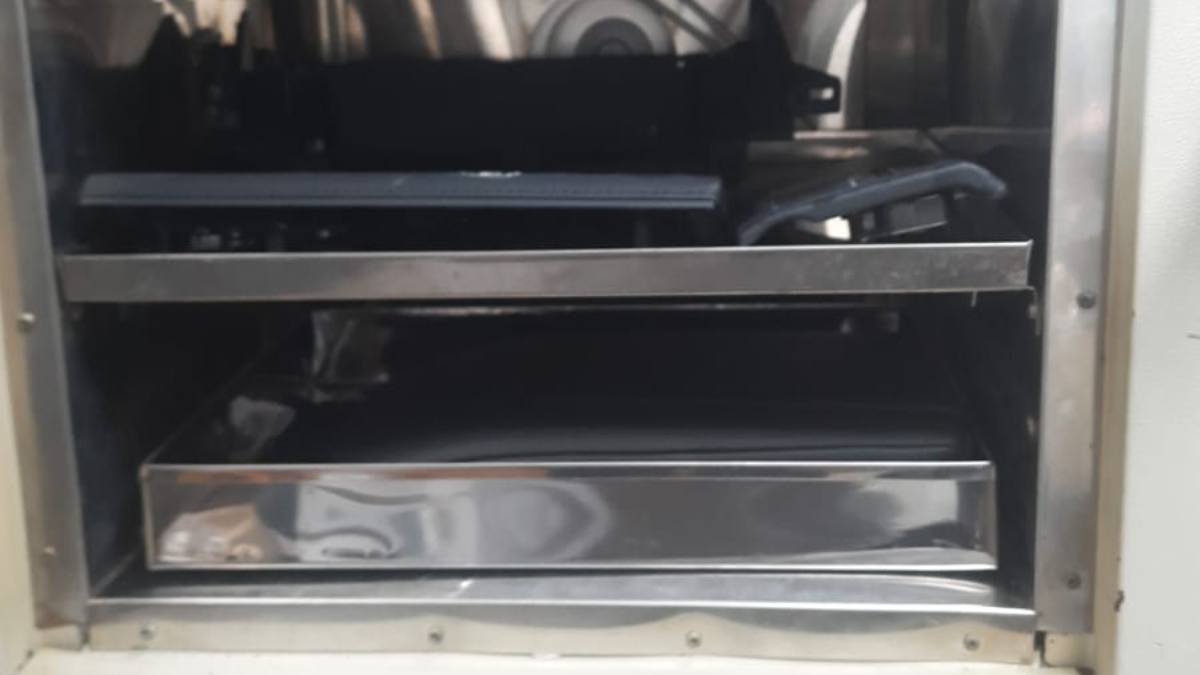Heat Aging Test as per MS 300-32
🛡️ Heat Aging Testing per MS 300-32: Safeguarding Product Lifespan with Thermal Endurance
Introduction
- In industries where materials are exposed to high temperatures—whether under the hood of a car or inside an electrical enclosure—thermal stability becomes a critical quality factor. That’s where Heat Aging testing as per MS 300-32 becomes an essential checkpoint in the product validation process. At Kiyo R&D Center & Laboratory, we deliver precise and reliable heat aging tests aligned with MS 300-32 standards, offering our clients peace of mind when it comes to material longevity and performance integrity.

🧠 Why Heat Aging Matters
Heat doesn’t just change temperature—it changes material behavior. Over time, plastics, rubbers, and elastomers degrade under thermal exposure. This degradation can result in:
Mechanical failure
Loss of insulation properties
Cracks or brittleness
Color and appearance changes
These effects could compromise product safety, performance, or compliance. Heat aging testing is a proactive quality assurance method that helps identify weaknesses before they result in real-world failures.
🔧 Inside the MS 300-32 Standard
The MS 300-32 standard defines a uniform procedure for evaluating heat aging resistance in polymers. It outlines:
Oven type and temperature accuracy
Aging duration (often 96h, 168h, or more)
Pre- and post-aging measurements such as:
Tensile strength
Elongation
Hardness
Surface condition
The test ensures that materials used in critical applications can withstand operational heat without significant loss of functionality.
🧪 What Makes Kiyo R&D Different?
Our state-of-the-art hot air ovens, meticulous sample handling, and test reporting ensure that every result you receive is accurate, traceable, and repeatable. Key advantages include:
Strict adherence to MS 300-32
Quick turnaround times
Integrated mechanical testing (post-aging)
Expert support for interpreting results
Whether you’re a Tier 1 automotive supplier or a plastics manufacturer, Kiyo provides the testing assurance needed to launch and maintain high-quality products.
🏭 Use Cases Across Industries
Heat Aging is crucial in a wide range of applications:
Automotive: seals, hoses, insulation, under-hood parts
Electrical: switchgear components, wiring insulations
Appliances: handles, gaskets, internal housings
Industrial: enclosures, seals, and couplings
Testing materials to MS 300-32 helps ensure these products maintain their function, form, and safety—year after year.
📈 Real-World Impact
Heat aging testing isn’t just a box to check—it protects your brand reputation. It demonstrates that your product is built to last in real conditions, not just in ideal lab environments.
By validating thermal endurance, manufacturers can:
Reduce warranty claims
Extend service life
Improve customer satisfaction
Achieve regulatory and industry compliance

🧾 Final Word
At Kiyo R&D, we don’t just test materials—we protect performance.
With Heat Aging as per MS 300-32, your product development is backed by solid science and proven procedures.
Let our expertise support your innovation journey.
“Enduring Quality, Proven by Heat – MS 300-32 Heat Aging You Can Trust.”

